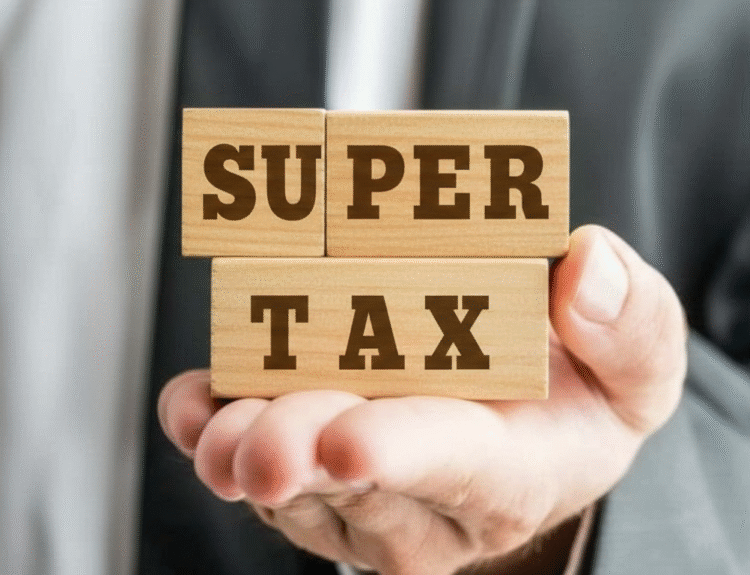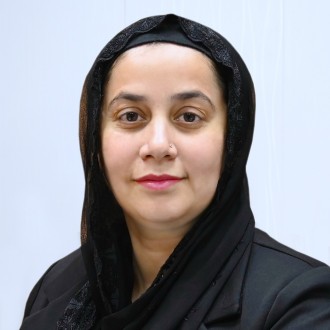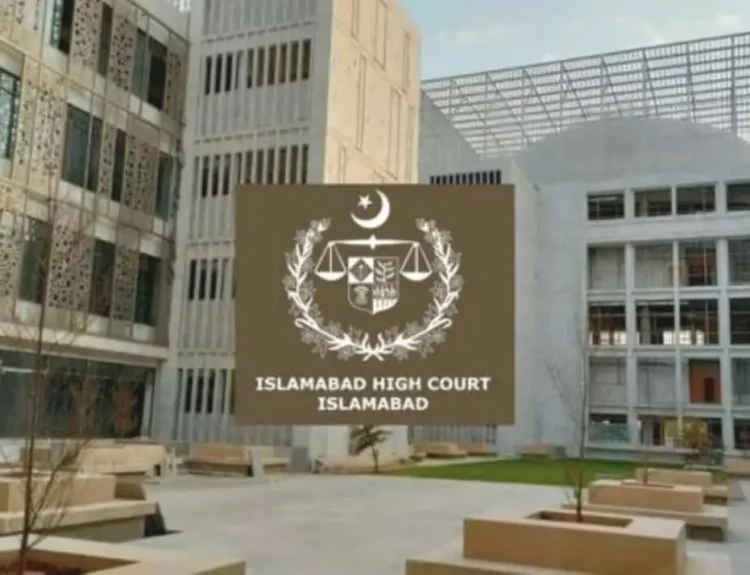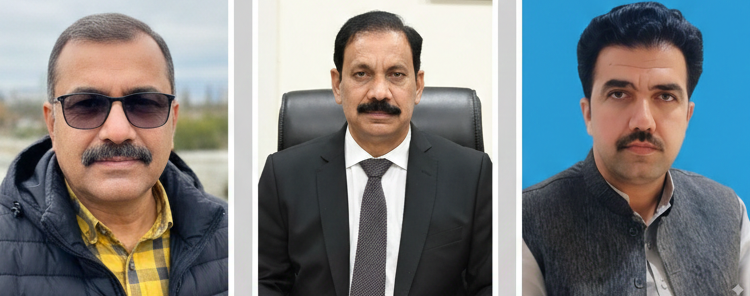While exchanging views on constitutionality of Section 7E insertion in Income Tax Ordinance 2001 on Saturday, speakers called for immediate attention of the policy makers to support flat, low rate, broad and predictable taxes regime in Pakistan.
They were addressing a seminar as the Law and Policy Chamber, Prime Institute, and Taxpayers Alliance Pakistan (TPAP) has jointly organized the event on the subject of “Deemed Rental Income Tax”, marking a significant development on the subject. Speakers included renowned economists, lawyers, tax professionals, civil society activists and students who attend in person as well as online participants.
It is worth mentioning that the ‘Deemed Rental Income Tax’ was inserted in the Income Tax Ordinance of 2001 through insertion of Section 7E in 2022. Section 7E has faced legal challenges before several high courts of Pakistan. Islamabad High Court and Peshawar High Court have already declared it unconstitutional. Currently, the matter is pending before the Supreme Court of Pakistan.
Advocate Supreme Court Umar Gilani introduced the topic to the participants, and laid out its legal aspects and implications. Mr. Ali Salman, Executive Director of Prime Institute, a renowned economist of international stature followed with a discourse on principles of fair taxation and how this law violates them. He also spoke about the need for scrutinizing taxation from the lens of property rights protection.
Mahmood Khalid, a senior research economist at the Pakistan Institute of Development Economics (PIDE), also delivered a presentation on the subject from a tax policy angle. Advocate Junaid Ahmed, joining virtually from Karachi, contributed insights about implications of this new tax for inheritance cases. At the end of the seminar, participants actively engaged in discussions, sharing queries and perspectives. Their feedback emphasized the importance of such events in enhancing tax awareness and fostering a better understanding of individual rights.





